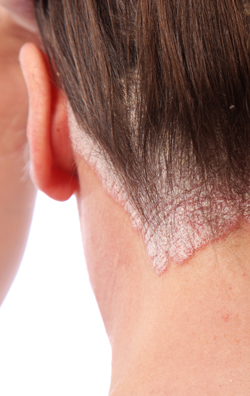
Snoring is a torturing suffered by most wives more than husbands. But the noise making, nerve- racking reality is that, almost half of all the adults snore at least occasionally. A quarter of all adults snore habitually. Most of them are men or over age 50 or overweight.
Snoring, is really a condition of annoyance, not to the person who is snoring, but to the one nearby. Some couples are forced to sleep in separate bedrooms due to this problem. Even friends may not be able to share a single room during travelling.
At times, it may act as an alarm call. Severe snoring may indicate sleep apnea. It is a condition in which breathing stops often between snores for 10 seconds to two minutes at a time.
Snoring normally occurs, when a person sleeps on his back. Once he rolls sideways, snoring stops.
Snoring is caused by the disruption of airflow through the back of the nose and mouth. It is the region where the tongue and the upper throat meets the soft palate and uvula (soft tissue dangling from the roof of the mouth).
The reasons for snoring may be;
1. Weakened muscles of the upper throat allow the tongue, soft palate and the uvula sag and block the airway.
2. They vibrate as the air pass along them.
3. Alcohol, drugs and deep sleep, relaxes the muscles further, thereby increasing the sagging.
4. Narrowing of airways due to sinus congestion
5. Smoking narrows the airways
6. Allergies
7. Overweight
8. Large tonsils
9. Long soft palate or uvula
10. Nasal deformities such as deviated septum (irregularity in the wall between the two septum)
People who snore so loudly and those who cannot stop snoring even in the side posture, should consult a sleep specialist and rule out the chances of sleep apnea.
In the short course, it causes only fatigue. But in the long run, it results in complications such as, high blood pressure, and the development of an enlarged heart. Other common side effects include;
1. Loss of energy
2. Drowsiness while driving or watching TV
3. Memory loss
4. Irritability
5. Decreased interest in sex
6. Morning headaches
7. Obesity
Several medical remedies for snoring has been advised;
1. Removal of tonsils
2. Exclusion of the pair of swellings at the back of the nose that normally disappear by puberty.
3. Series of laser treatments to tighten throat tissue
4. Trimming away the excess tissue
After diagnosis, specific precautions can be taken;
If the condition is sleep apnea, a nasal mask can be used at night, which increases the air pressure in the throat. Medication may be advised, if masks proved to be ineffective. And as a last alternative, surgery to clear the airway may be followed.
Moreover, if the person is overweight, a rigorous diet and exercise program should be tried. At times, weight reduction may help to relieve the condition.
For quieter nights;
1. Eat light dinner, at least 3hours before going to bed.
2. Don’t take alcohol for 4hours before bedtime.
3. Sleep and get up at the same time daily.
4. Raise 3-4 inches of the head portion of the bed.
5. Lose weight and avoid smoking





